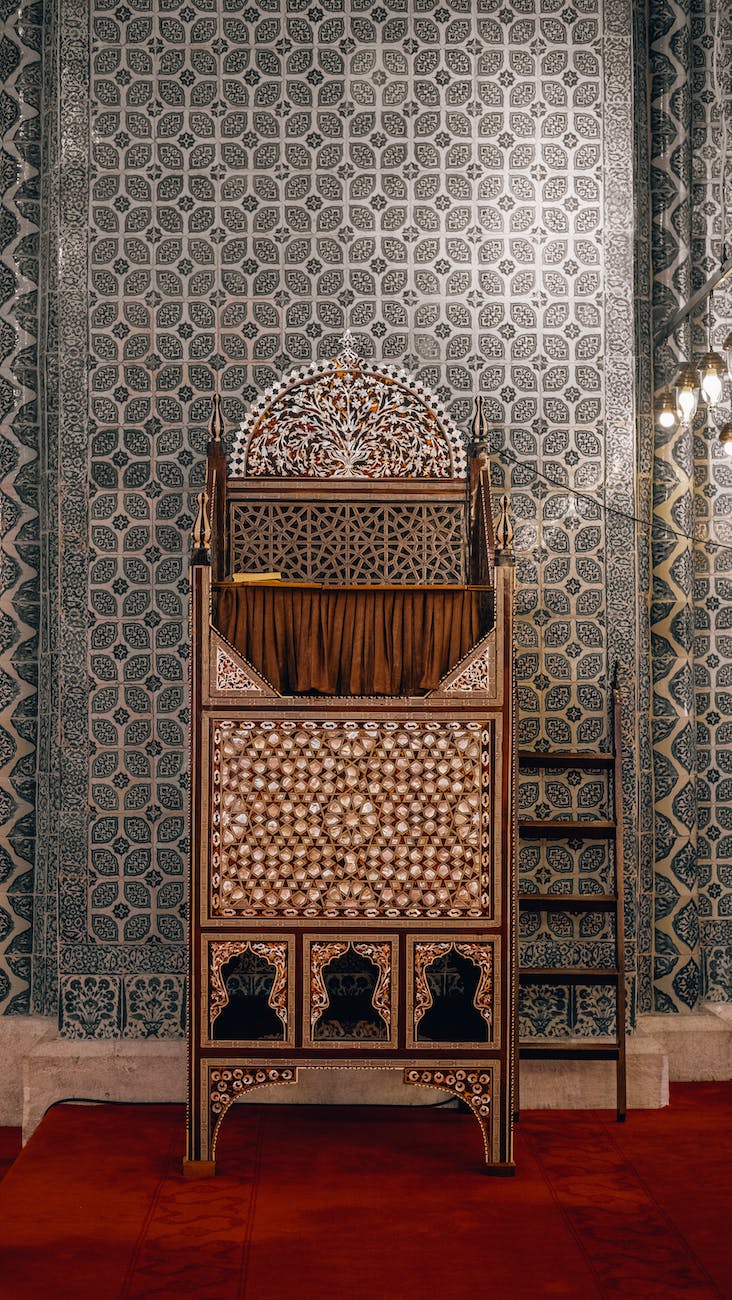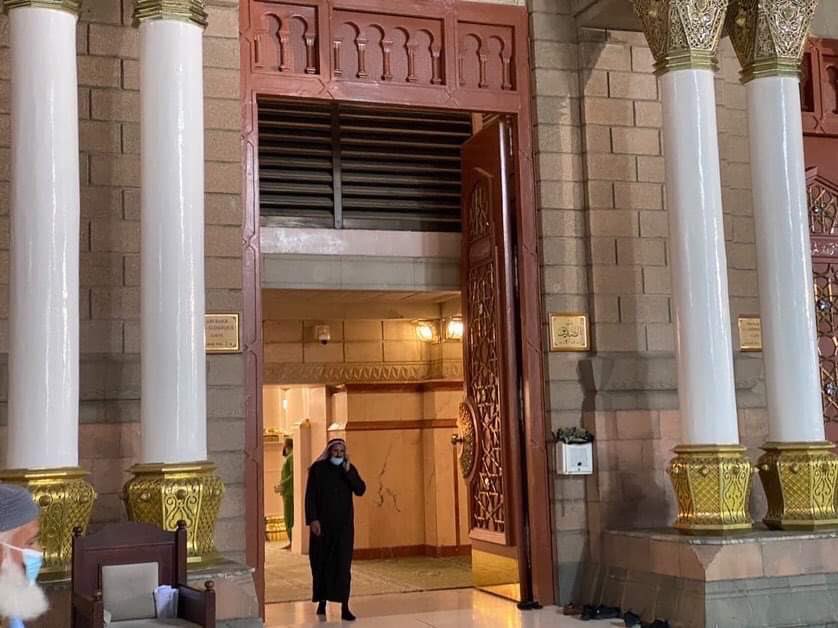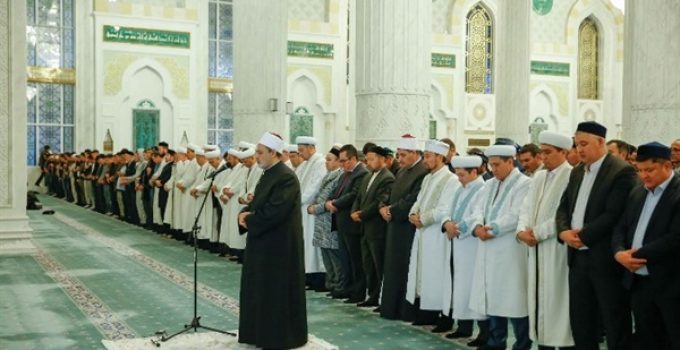A mosque leader, or imam in Arabic, which means leader or model in a general sense, is someone who leads Muslim worshippers in prayer. He may also function as a spiritual advisor and should be an expert in Islamic law. Traditionally, a congregation’s imam is a man; a woman may serve as prayer leader for a women-only gathering.
In Islam, the role of a leader involves the sacred responsibility of guiding their followers towards complete submission to Allah’s will. This entails following His commandments wholeheartedly while refraining from anything forbidden by Him, all in pursuit of His divine pleasure.
13 Amazing Things You Need to Know About a Mosque Leader
A mosque leader should possess the following things;
- Capacity for logical thinking and rational actions
- Devoid of feelings of hatred and jealousy
- Possessing wisdom and knowledge
- Displaying a generous and adaptable nature
- Maintaining mental stability and balance
- Exhibiting wisdom in decision-making
- Committed to honoring promises and commitments
- Demonstrating courage and unwavering resolve
- Showing a forgiving and understanding demeanor
- Upholding honesty and integrity
- Exercising self-control over desires
- Displaying care and compassion
- Skilled in preserving confidential information
What Is The Pulpit In A Mosque Where The Mosque Leader Stands Called?

A minbar, also occasionally spelt as mimber, serves as a podium within a mosque where the imam, the prayer leader, stands to deliver sermons, known as khutbahs.
Dos And Don’ts When You Meet a Mosque Leader
Greeting
When encountering a mosque leader or an imam, it is customary to use formal religious titles, unless directed otherwise, such as addressing them as “Brother” or “Sister,” or simply as “Imam.”
In Muslim culture, it is customary for individuals to greet each other with the Arabic salutation “As-Salamu Alaykum,” which translates to “peace be upon you.” The appropriate response to this greeting is “Wa alaikum assalaam,” meaning “and upon you be peace.”
Physical Interaction

As a general guideline, it’s advisable to refrain from initiating physical contact when meeting or greeting religious leaders from different religious traditions, especially those of the opposite gender. In Islamic culture, it’s not customary to exchange handshakes or embraces with individuals of the opposite gender. It’s important to understand that this practice is rooted in cultural and religious customs and is not intended as rudeness.
When greeting a Muslim of the opposite gender, it’s best to wait for them to extend their hand for a handshake, rather than initiating it yourself. Alternatively, you can use an alternative gesture, such as placing your right hand over your own heart when introduced, as a sign of respect. When in doubt, it’s always a good practice to ask or wait for the religious leader to initiate any physical contact.
It’s worth noting that in certain ethnic and cultural traditions, it is common for individuals of the same gender to hold hands or kiss cheeks while interacting. Therefore, it may not be unusual for a religious leader to hold someone’s hand while guiding them through a building or to a speaking position.
What to do When Entering the Mosque

To show respect for the sacred space of a mosque and the customs of the community, it’s customary to remove your shoes before entering. Additionally, both men and women should dress modestly when visiting a mosque. For men, this typically means wearing long pants, while women should cover their heads, arms, and legs with loose-fitting clothing. It’s important to avoid tight-fitting attire.
If you wish to participate in worship services at the mosque, it’s considerate to ask for permission or guidance from the mosque’s members or leaders. This demonstrates your respect for their religious practices and traditions.
Some Common Terms You Need to Know
- Masjid (Arabic) / Mosque (English): A place of worship for Muslims.
- Imam: A prayer leader in a mosque who may also serve as a spiritual advisor and an expert in Islamic Law.
- Shaykh/Shaykha: A spiritual leader, usually male but occasionally female, particularly in Sufi circles.
- Ustadh/Ustadha: A teacher, often used to refer to Islamic educators.
- Mufti: An individual, whether male or female, who has graduated from an institute of higher Islamic learning and is qualified to issue religious rulings.
- Muslim Chaplain: A trained Muslim professional who provides spiritual care in various settings such as hospitals, prisons, universities, or the military.
- Halal/Haram Food: Dietary terms in Islam. Halal means food that is permissible, while Haram refers to what is prohibited. For example, pork and alcohol are considered Haram. Many Muslims adhere to Halal dietary laws, including the consumption of ritually slaughtered meat (zabiha). When planning meetings or events with food, it’s considerate to offer a Halal option. If not available, a vegetarian option is a suitable alternative. Additionally, snacks should not contain gelatin, meat, meat by products, or lard to meet Halal requirements.



